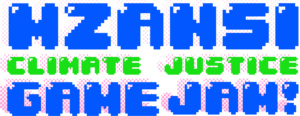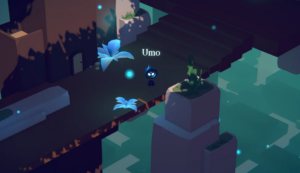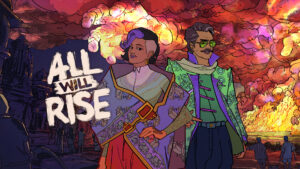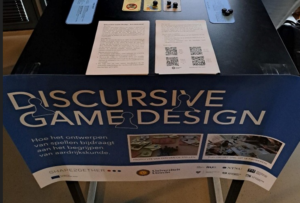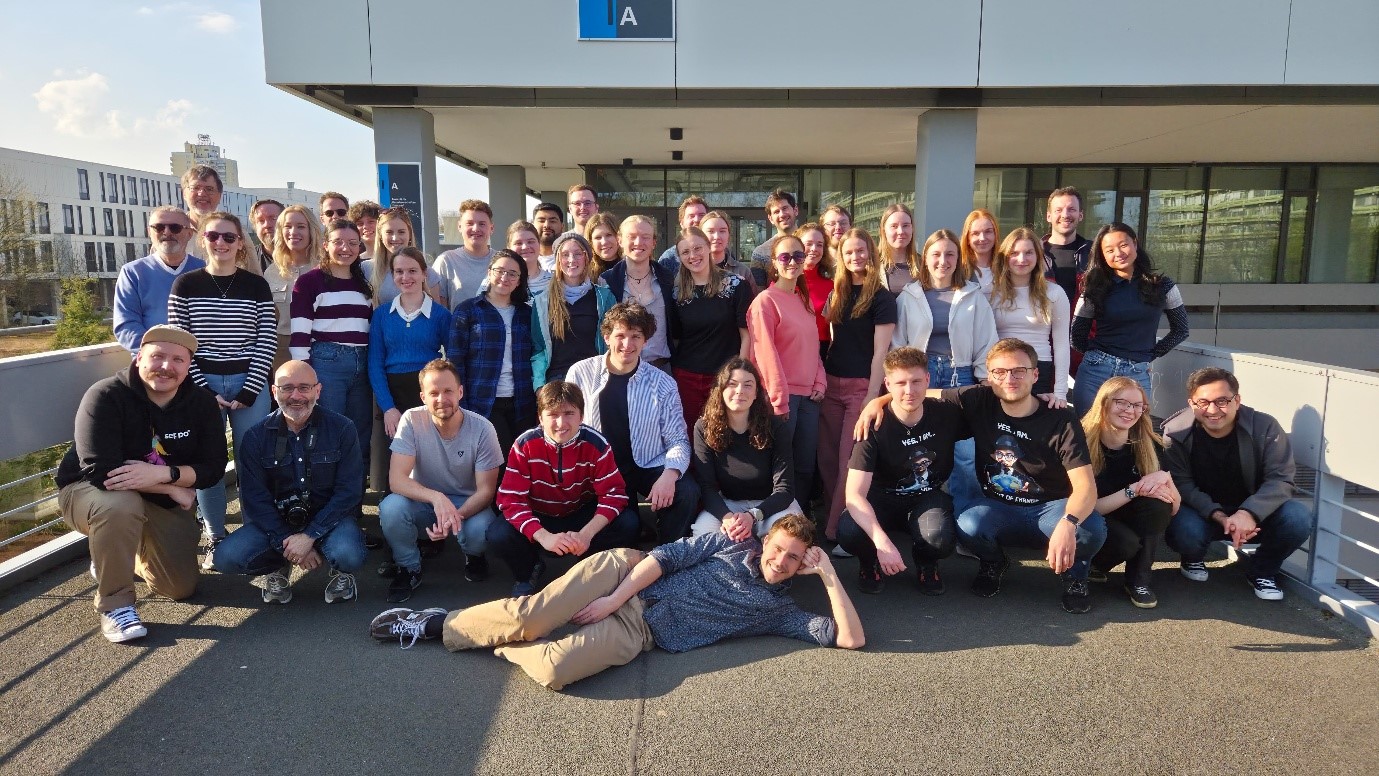
Hello once again, and for the final time! Over the past year the five of us have been participating in the Erasmus+ project Shape2Gether, which is aimed at teaching students how to leverage new media technologies to inform the public about complex climate change topics and issues. This is a reflection of the third and final “summer” school that took place a month ago in Bochum, Germany. We have also written accounts of our previous summer schools in Norway and Malta if you want to start there!
The Shape2Gether Erasmus+ project aims to implement innovative approaches in the education for sustainable development in the context of climate change and its impacts on Europe by bringing together three groups of partner specialisations, i.e. geosciences, new technologies, and serious game design. Researchers involved in the project are Bouke van Gorp (UU project lead, Faculty of Geosciences) and René Glas(Faculty of Humanities). For more info, see here.
Having previously focused on virtual reality and digital interfaces, we now turned our attention to the medium of games as a communicative tool. Our opinions on this at the outset of our journey were mixed: some were already avid gamers, whereas others were less comfortable discussing them, much less designing. Games, compared to other media such as literature and visual art, can be extremely opaque in their construction: their systems feed into one another, forming a dynamic web that can appear natural rather than designed. This isn’t helped by the fact that the authorial intention associated with literature and visual art is less explicit within games, created as they typically are by an array of people. Our members’ trepidation was thus understandable.
However, the purpose of our week in Bochum was to dispel this opaque appearance and reveal the inner workings underlying it, something that we immediately got to work doing on our very first day. This introductory session was divided into two activities: the first was learning how to use QGIS, a software designed to record data from out in the field and translate it into cartographic information. The second was a “game-hacking” session with our very own Stefan Werning, René Glas, and Timo Fluitsma, in which we considered ways of infusing environmental themes into Monopoly by redesigning its mechanics. The marriage of these two activities—practical fieldwork and applied game design—formed the guiding structure of the week, allowing us to situate our abstract ideas within concrete examples from everyday life.
The fieldwork took place in three sites of current and historical significance for the Ruhr region, each of which dealt with a different theme. Our first visit to the Zollverein Museum, which is situated in an old coal mining facility, provided a much deeper insight into the realities of an industry that was ubiquitous with this part of Germany for much of the 19th and 20th centuries; our second outing to the Emschergenossenshaft, a renatured river basin, provided a wonderful example of concrete strategies that municipalities and communities can adopt to not only mitigate but also make reparations for the environmental damage that we as humans have done; and our final excursion to the Bochum-exclusive Moritz Fiege brewery was a glimpse into the importance of local culture in forming a sense of community and solidarity (we were certainly very communal at the beer-tasting that evening!). Each of these acted as a stepping stone for us to develop our ideas further in a continuous cycle of ideation and application.
The games in question took shape through a dialogue between each group’s members, their experiences of the excursions, and their prototype. Trying to translate abstract values into a rigid system from scratch is no mean feat, especially when you only have five days to do so. Many of us started out with wildly ambitious goals that we quickly had to condense into much simpler objectives while still remaining faithful to the original idea. Happily, everybody had produced a playable prototype by our final session on Friday, and it was wonderful to discover what we had each been up to in the preceding days. The variety of ideas and systems—ranging from role-playing, to quiz game, to tile placement mixed with resource management—spoke to the flexibility of games as a medium to communicate different aspects of the same phenomenon.
And that’s far from the only thing that games are good at. The communal aspect of playing together is a great way for people of differing opinions and perspectives to temporarily set aside their differences and look at things from the other side, something only reinforced by the typically fun experience of play. Games can be adjusted to a variety of difficulty levels, making them accessible to a range of age groups and audiences in a manner that is not always easily-replicable in other media. And one of our members cannily noticed that game design has much in common with educational design: both revolve around encouraging participants to behave in a certain manner and evoking specific values. Games can thus easily cross-pollinate into other disciplines and approaches, and while a few of us don’t see ourselves necessarily using the medium itself in our future work, the abstract values inherent to the process of creating them are most certainly applicable.
As we bring this to a close, we’d like to finish by reflecting on the impact that Shape2Gether has had on us over the past year. The skills that we’ve picked up are most certainly important, and we each have garnered a new perspective on new media and its uses. But just as important are the bonds we’ve created with others who, a year ago, we had no knowledge of. We’ve experienced surprise, delight, affection, understanding, and a whole host of other emotions over the course of knowing one another, and we can only hope that we’ll continue to do so. As one of us aptly put it, “My Shape2gether family has a special place in my heart.”
And so our year of experiences comes to a close—but we’ve not quite finished yet! We currently have a plan to present our work and findings at the Dutch Digital Games Research Association symposium that’s taking place on Tuesday the 18th of November 2025 at the Playground building, in the Utrecht Science Park (call for abstracts coming soon!). If you would like to play our games for yourself, along with discovering everything else we’ve been up to, pop along! (And if you simply can’t wait until then, you can find the game that Aengus worked on here). In addition, the final Shape2Gether conference, in which staff and students alike reflect on how everything went, is taking place in the Czech city of Olomouc on May 21st of next year—so you may be hearing from us once more!
For now, however, we’re finished. We hope that you’ve enjoyed reading about our adventures—we most certainly enjoyed experiencing them. So long, and until the next time we remember2gether!
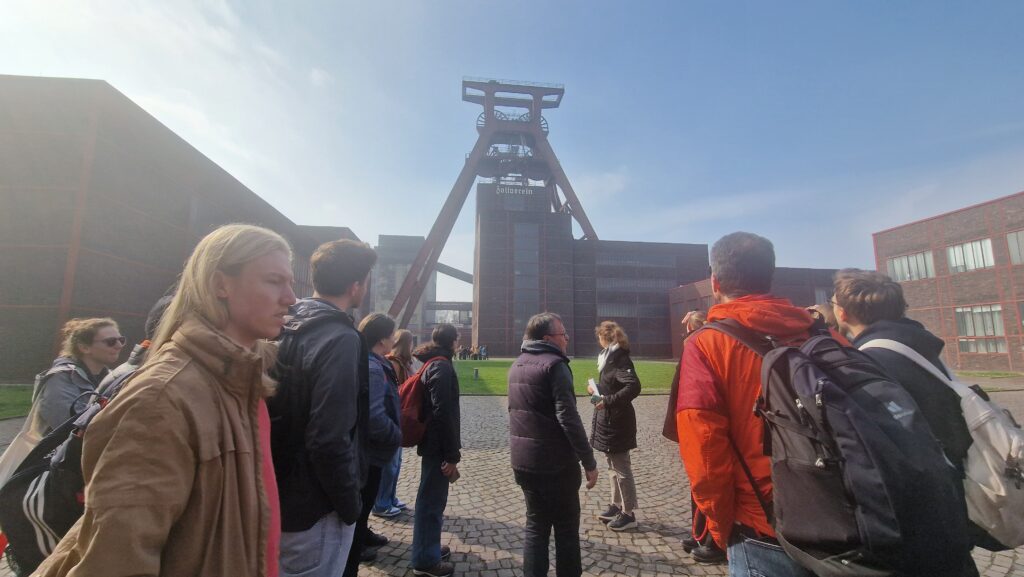
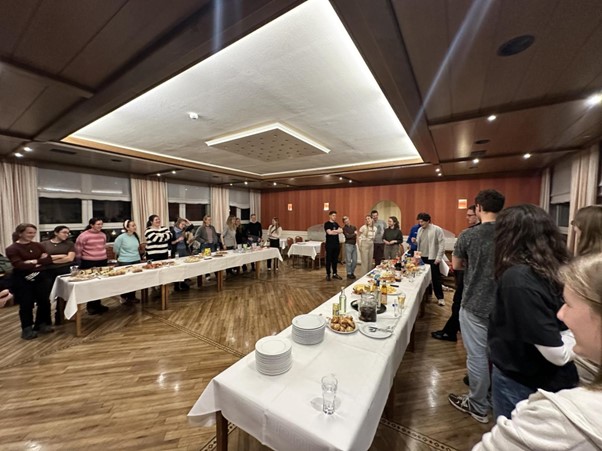
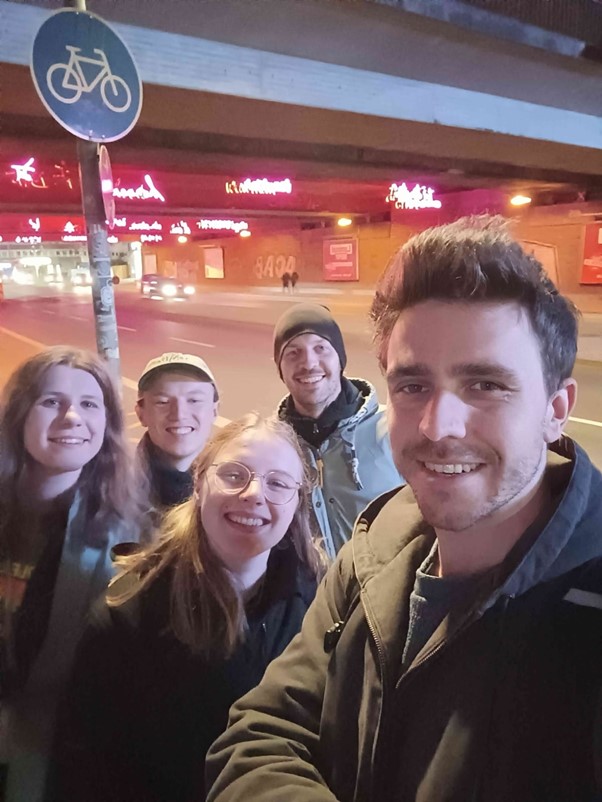
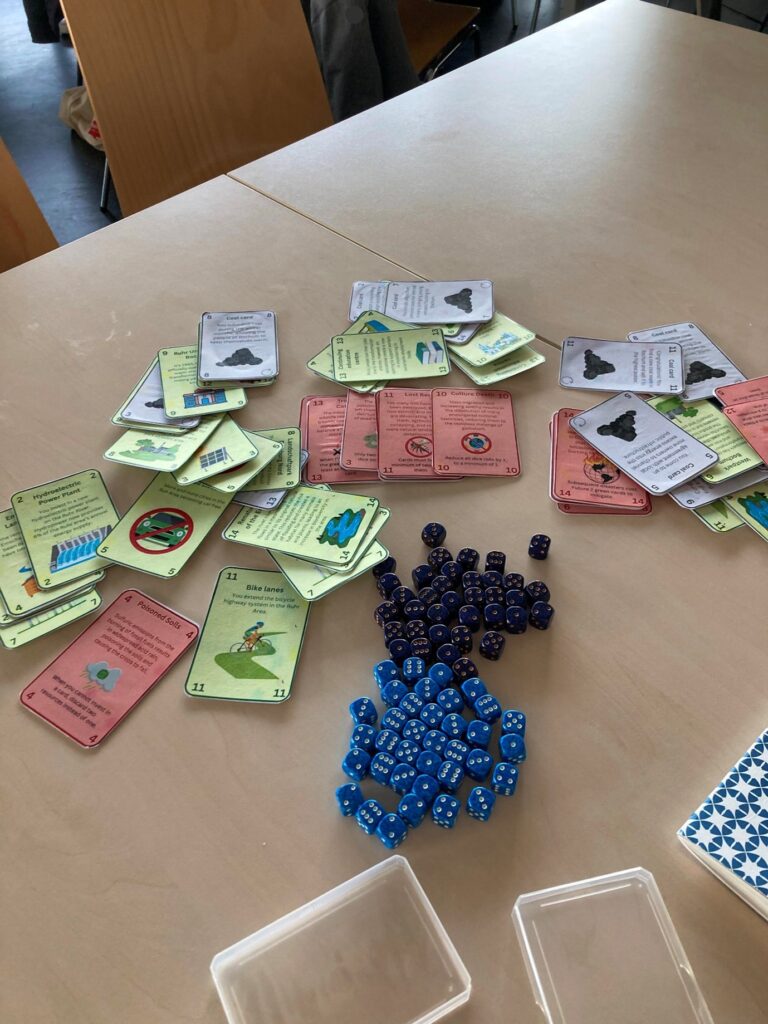
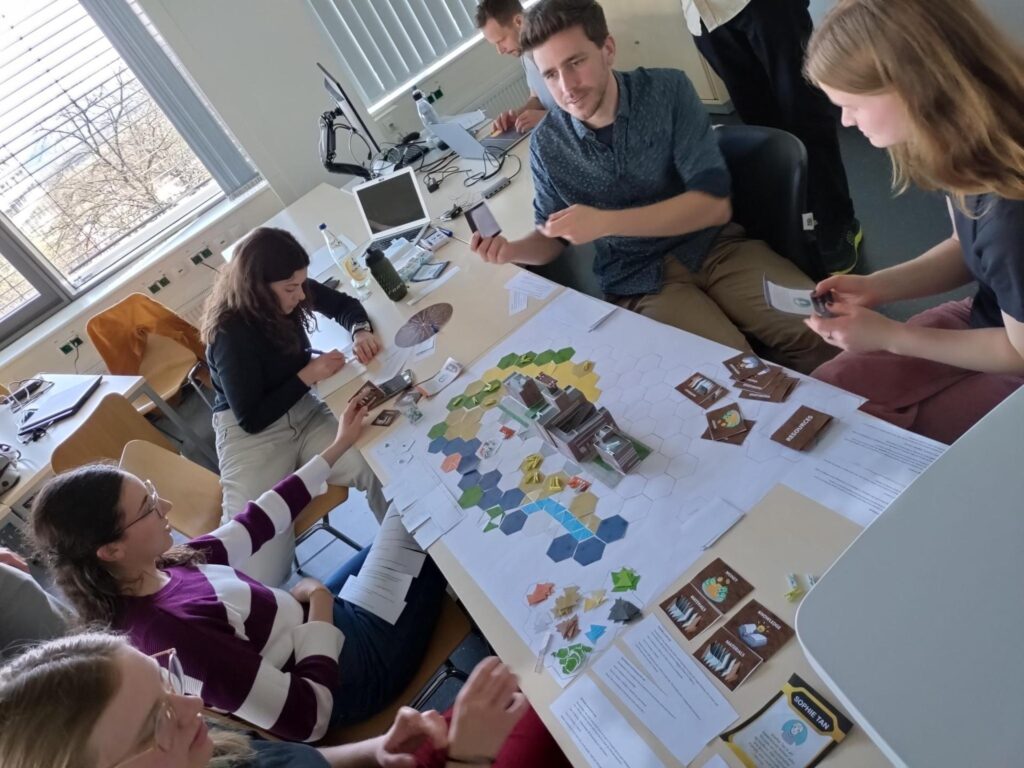
By: Aengus Schulte, Aria Mohsenimotlagh, Inge van Noort, Isabel Rump, and Mick Raamsteeboers

